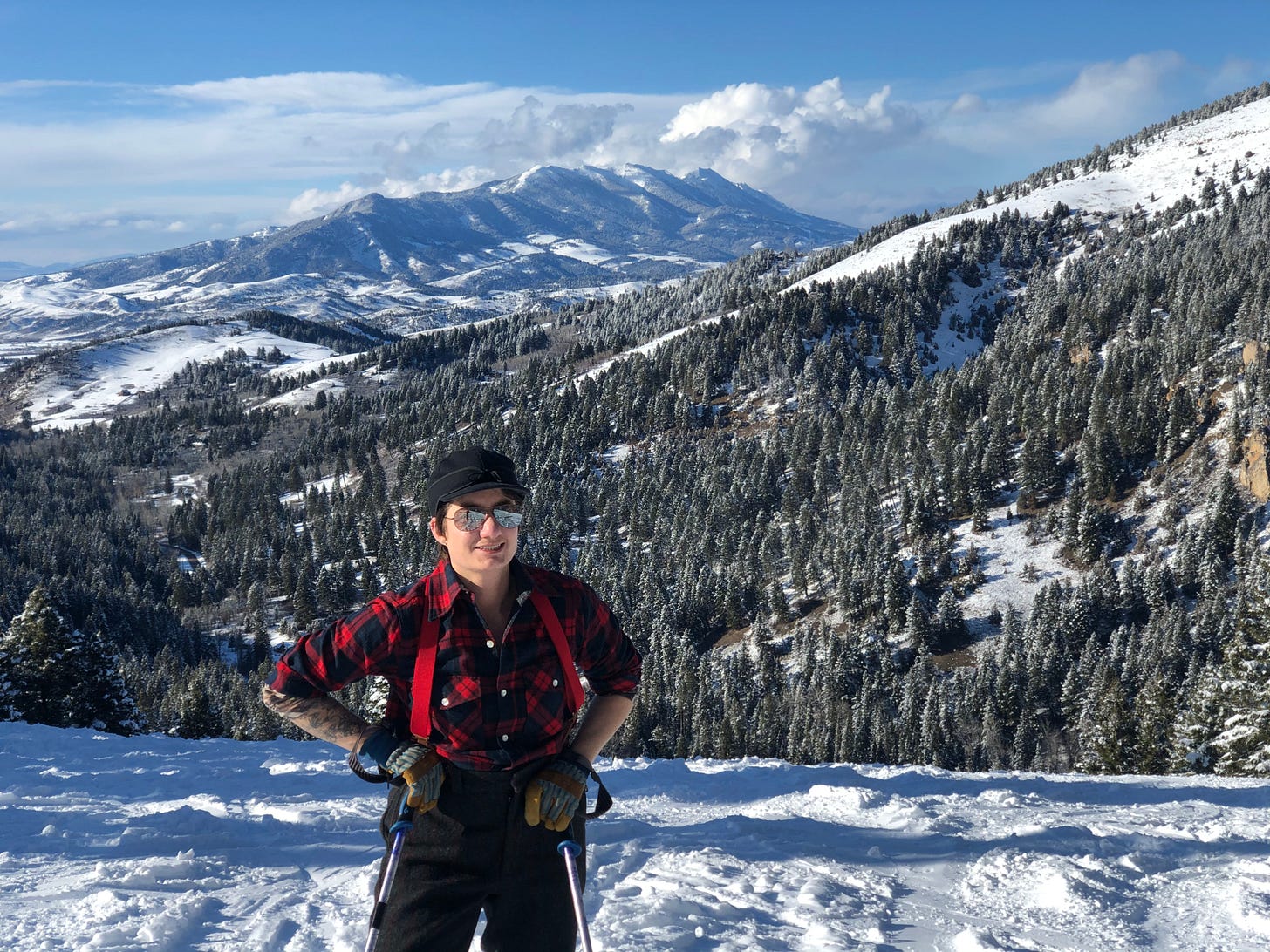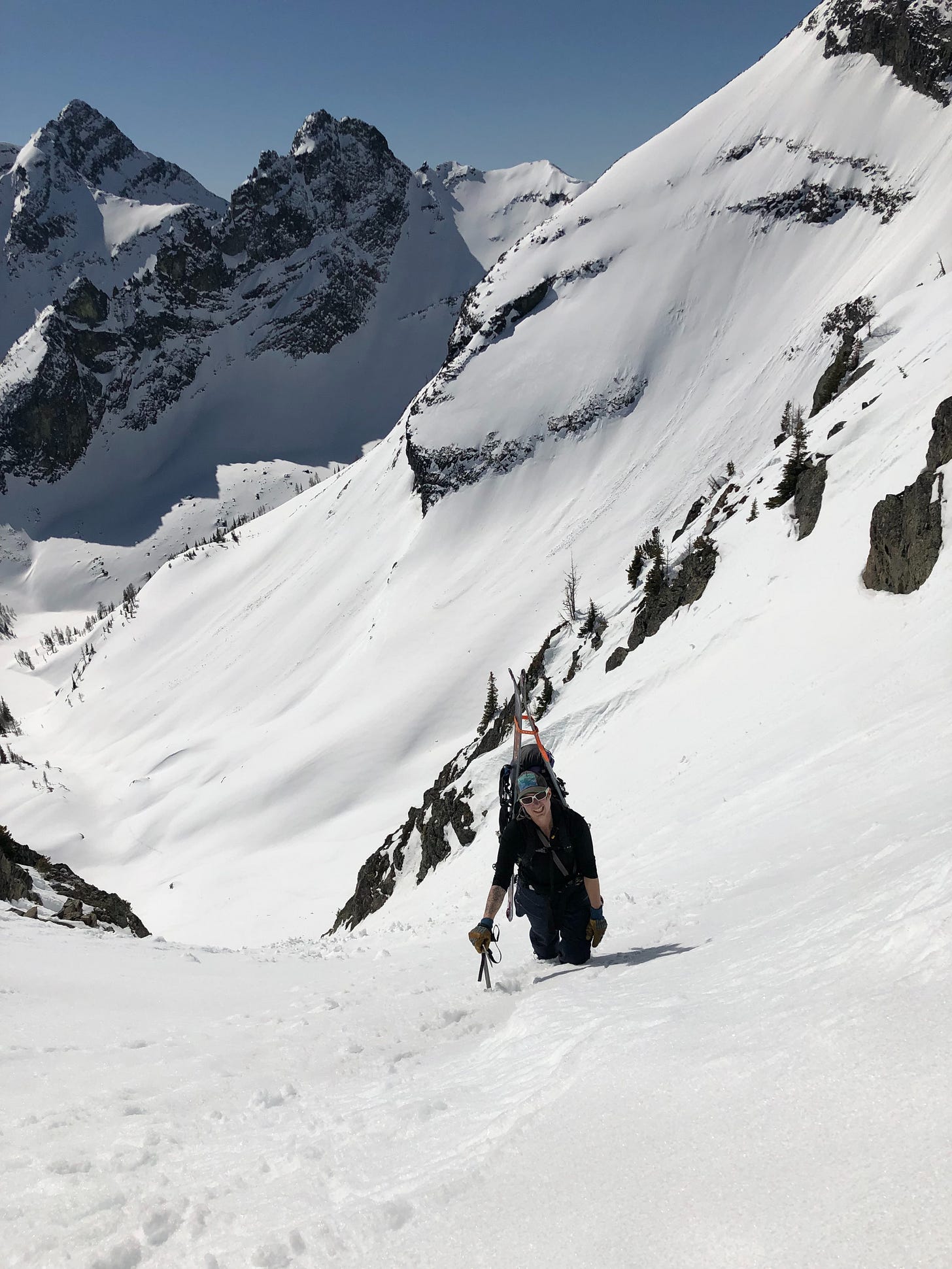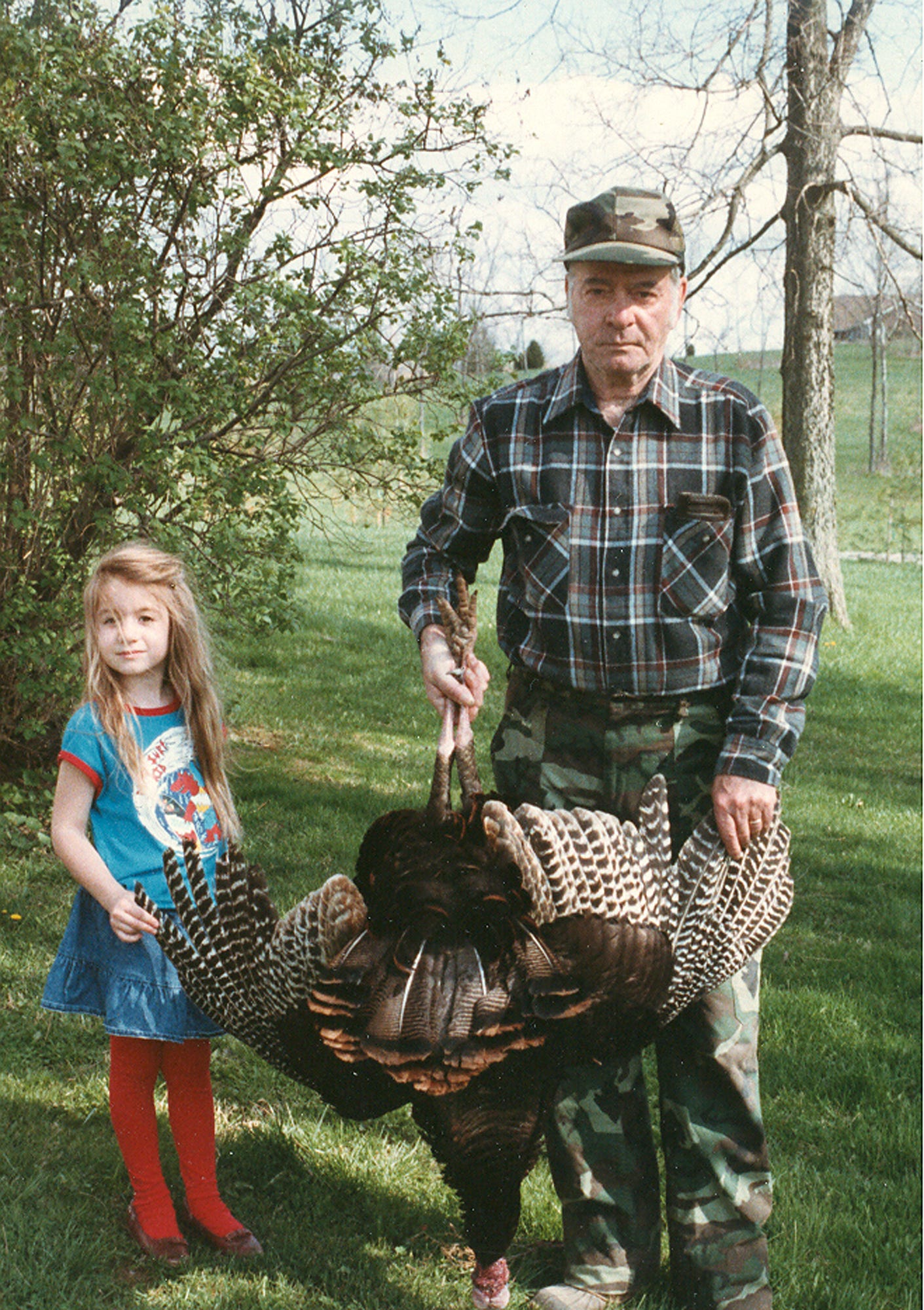Kestrel Keller Embraces the Agony of Being Known
Meet your local windf*cker
There’s a certain kind of introduction I’ve written many times. If I wrote it now it would easily prove my bonafides as a writer worthy of joining these ranks. It would go something like this:
I’m a [cool-sounding profession], based in [aspirational, high-amenity mountain town], who spends their time doing [adventure verb], [hook-and-bullet verb], [nature or arts verb] with their [animal noun], [animal noun] and [family member noun].
I’m not against badass Mad Libs bios at all. But they can be limiting. They tend to describe a lifestyle, often a desirable one, but not a life. They suggest the outline of a person. If I describe who I am using everything I surround myself with, you will look at me, but I doubt you will see me. At their worst, these bios can trick us into commodifying ourselves so we can better commodify the things we love.
If I’m defined by what I do or what I know, then I don’t have to experience the vulnerability of being known. But what happens when you no longer can do [adventure verb], or when [family relationship] becomes fraught or filled with loss? What if the shine has worn off [high-amenity mountain town] and [somewhere less notable] affords a better quality of life?
I’m here now because I like to live in the in-between places of those questions, and so does my writing. To introduce myself the way I have for over a decade feels dishonest, and a bit hollow. I used to say I was “an Appalachian-raised science and environmental journalist based in Bozeman, Montana, who spends their free time in the mountains on a bike or skis, has six different species of wild mammal in their freezer, and loves to garden, with their spouse, chickens, and two cats. They have bylines with Smithsonian, National Geographic, Outside, High Country News, and others.”
Who cares? Most of those words have nothing to do with what I’ve been thinking about the last few years. I’m guessing most of our Mad Libs bios are simply scratching at our outer surfaces. If the power of storytelling is to connect people and help us make meaning of the world, I should give you a truer version of me to connect with.
What you need to know about me today is that the pandemic changed me as a writer and a person. Those years took away loved ones and relationships, burned away all of my give-a-fucks for the hunting-conservation-industrial complex, and culminated with putting my dad’s ashes in the pond where I learned to fish, then auctioning the childhood home that shaped me in some difficult yet meaningful ways. Finally, after living in the Rocky Mountains for all but a year of my adult life, I moved to a rather unremarkable small city in New York.
It turns out, I love it here, even though I miss the smell of sagebrush so badly I want to barf.
I enjoy that in upstate New York’s rural communities, almost zero social status is conferred based on whether or not someone hunts or fishes in a particular way. Which is good, because I’m learning everything anew. Don’t ask me where to mushroom hunt or how to catch a bass out of the Hudson River. I can’t tell you yet. Few people know what brand of camo I’m wearing. Even fewer have the inane cultural context to attach meaning to it.
What that gives me — besides a great sense of relaxation — is space to think about why hunting and wildlife conservation matter when they’re not intrinsically relevant to many people around me. It becomes a lens for bigger questions like:
How do we make ethical decisions as individuals and society? What does it mean to be a good person and community member? How do we deal with loss and brokenness and what happens when those challenges follow us into the woods? Where and how can we find joy or solace? Why are we the way we are? And how much did the landscapes that raised us shape us?
These questions and the stories behind them are why I’m joining The Westrn. As post-pandemic life has reshuffled outdoor communities and media, I think many of us are still seeking new and different intellectual homes that prioritize creativity in understanding how we relate to the natural world and each other. We need a place where no topic is off-limits. That’s what we’re building here, and I’m excited to see where it takes us. I hope you’ll join us.







I share your angst with biomaking. I prefer revisionist thinking, as I see that you do also. Our power lies in our adaptability and desire to make change happen. I'm so glad you're on the Westrn team. I can't wait to see this brew of intellectual courageous people ferment and foam!